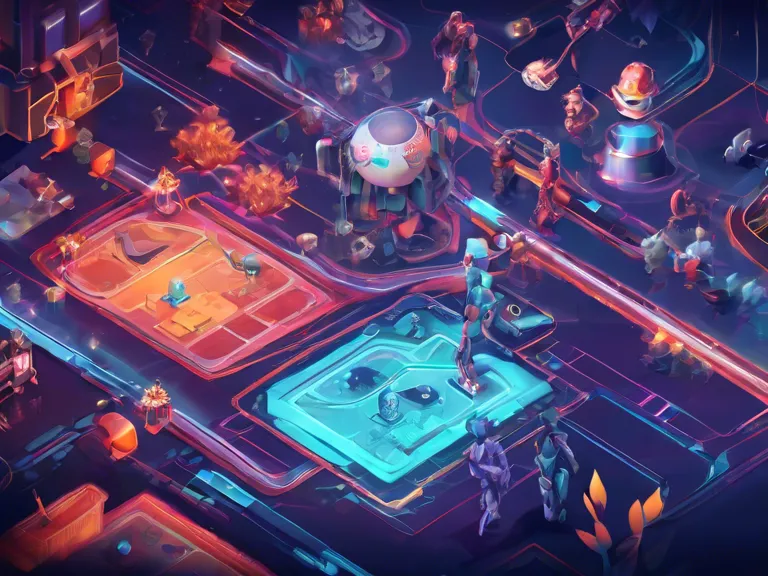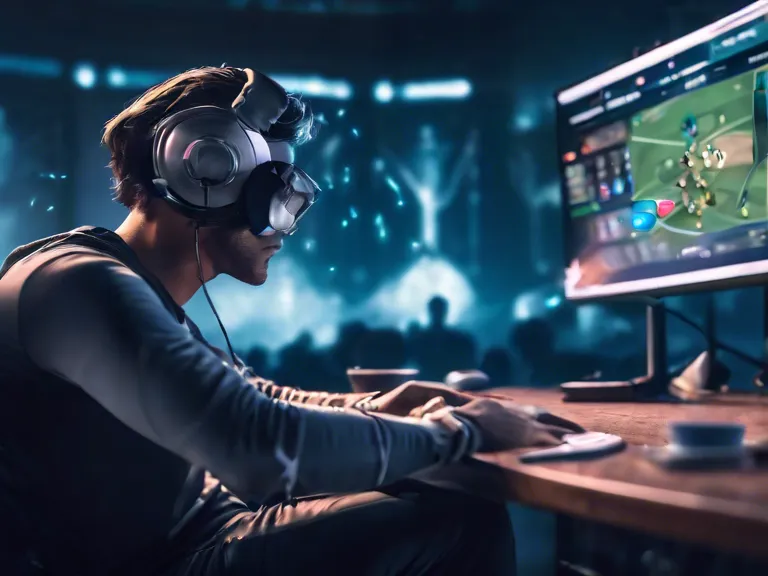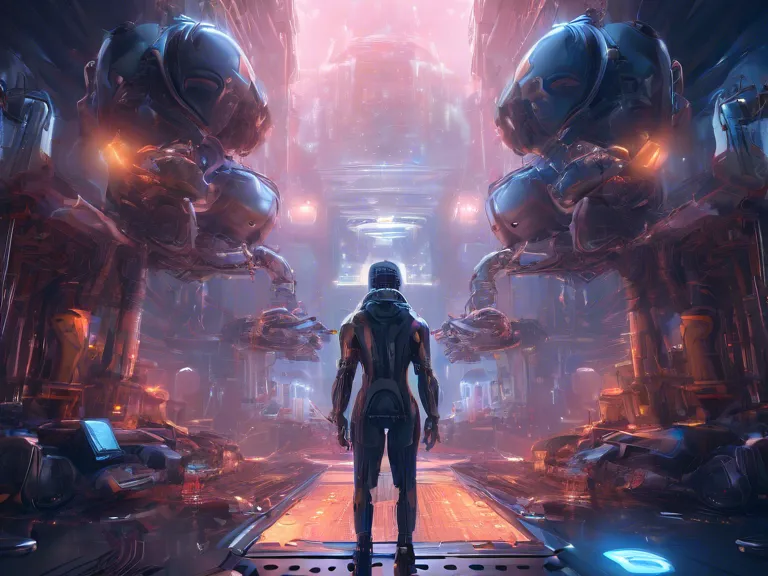
Machine Learning Algorithms: Enhancing NPC Behavior and Player Experience
Machine learning algorithms are revolutionizing the way non-player characters (NPCs) behave in video games, ultimately leading to a more immersive and engaging player experience. By implementing these algorithms, game developers can create NPCs that adapt and learn from player interactions, making them more realistic and unpredictable. This article explores the impact of machine learning on NPC behavior and how it enhances the overall gameplay experience for players.
One of the key benefits of using machine learning algorithms in video games is the ability to create NPCs that exhibit human-like behavior. Traditionally, NPCs in games would follow a predetermined set of actions and responses, making them predictable and often repetitive. With machine learning, NPCs can now adapt their behavior based on player decisions and external stimuli, creating a more dynamic and challenging gaming experience.
Another advantage of using machine learning algorithms is the ability to create more intelligent and responsive NPCs. These algorithms can analyze vast amounts of data and learn from player interactions to make decisions in real-time. This means that NPCs can tailor their actions to the player's behavior, creating a more personalized and engaging gameplay experience.
Machine learning algorithms also have the potential to improve the overall game balance and difficulty. By analyzing player data and feedback, developers can fine-tune NPC behavior to ensure that the game remains challenging yet fair. This can lead to a more rewarding experience for players, as they are constantly challenged and pushed to improve their skills.
Overall, machine learning algorithms are transforming the way NPCs behave in video games, creating more realistic, intelligent, and dynamic characters. By enhancing NPC behavior, developers can provide players with a more immersive and engaging gaming experience that keeps them coming back for more.


